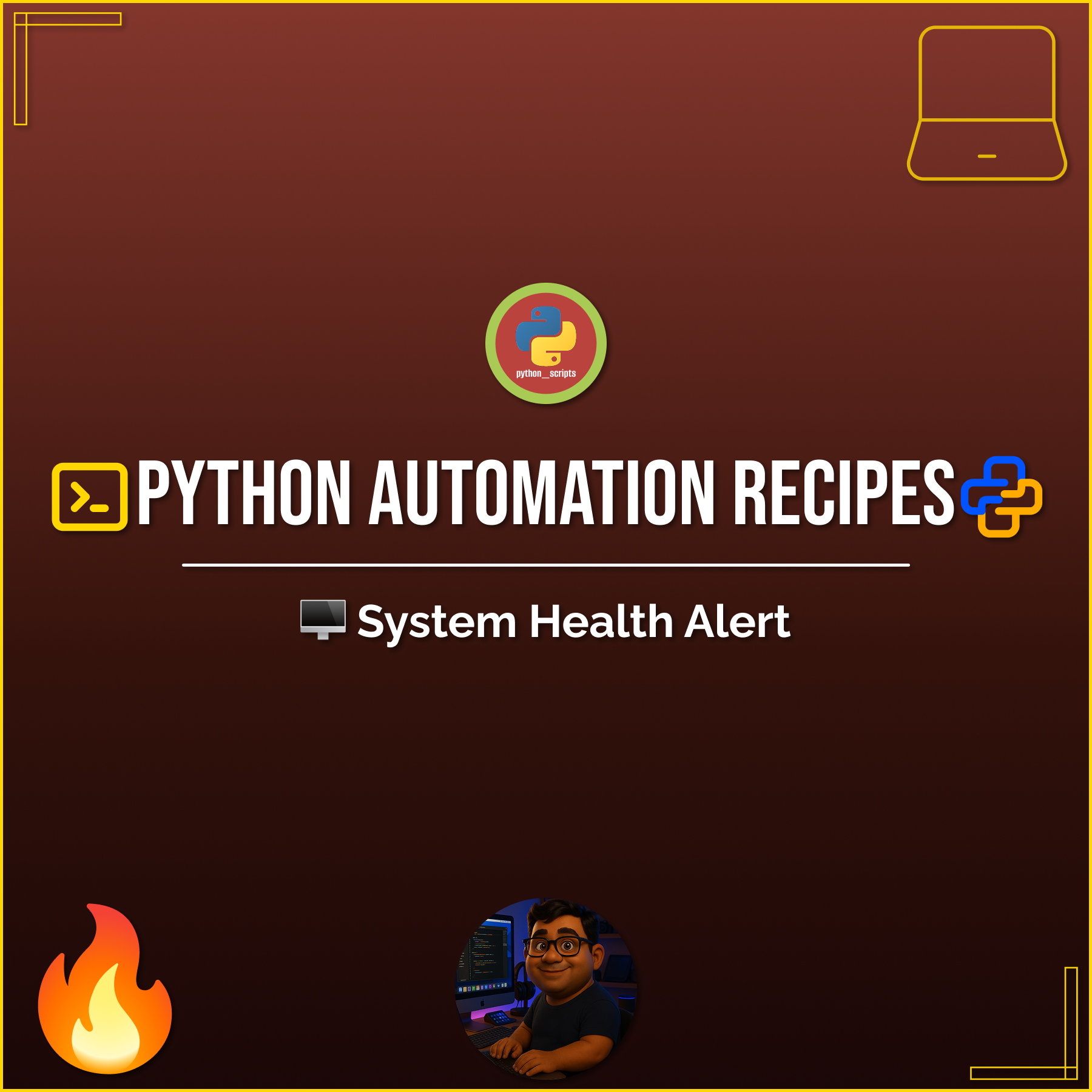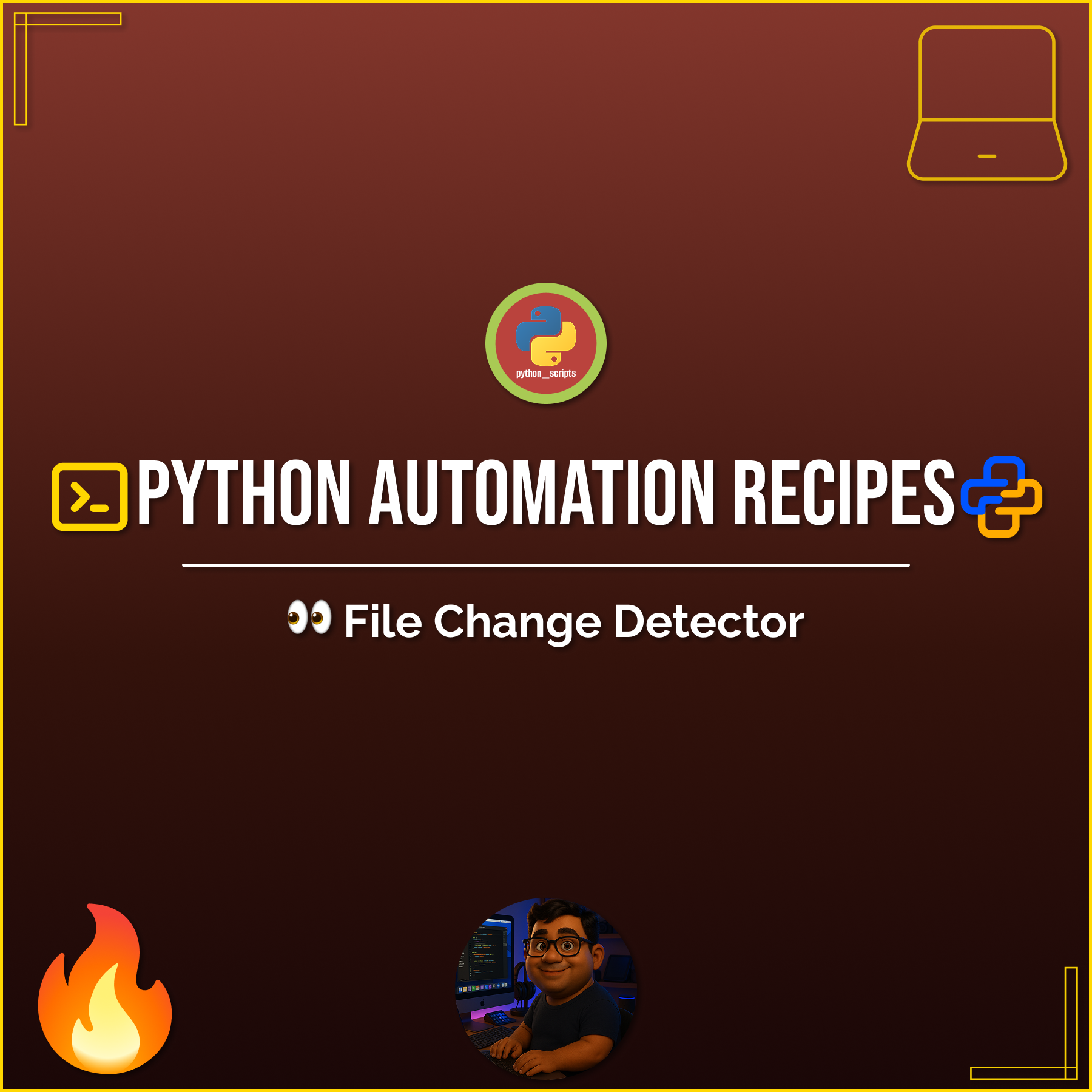💡 Python QuickBits — 📑 Parsing Configs with "tomllib" (Python v3.11+)
Posted on: October 22, 2025
Description:
Python 3.11 introduced a new built-in module — tomllib — for parsing TOML configuration files.
It’s now the standard way to read TOML configs, replacing older third-party libraries like tomli or toml.
📝 Reading a TOML String
You can parse TOML data directly from a string using tomllib.loads():
import tomllib
from pprint import pprint
toml_text = """
title = "Python QuickBits"
[app]
name = "quickbits"
debug = true
version = "1.0.0"
[database]
host = "localhost"
port = 5432
enabled = true
"""
config = tomllib.loads(toml_text)
pprint(config)
print("\nApp name:", config["app"]["name"])
print("DB host:", config["database"]["host"])
tomllib.loads() reads TOML content and converts it into nested Python dictionaries and lists.
📁 Reading from a File
You can also parse TOML files directly from disk using tomllib.load().
Note that the file must be opened in binary mode ('rb').
with open("config.toml", "rb") as f:
file_config = tomllib.load(f)
print(file_config["database"]["host"])
This is perfect for reading configuration files for CLI tools, web apps, or ML projects.
🧭 Version Notes & Safe Access
tomllib is available only in Python 3.11+.
If you’re using an older version, install tomli as a fallback:
pip install tomli
And use .get() when accessing optional keys safely:
svc = file_config.get("service", {})
print("Timeout:", svc.get("timeout", 5.0))
✅ Key Points
- ✅ Built into Python 3.11 and later — no external libs.
- ✅ Fast, minimal, and secure.
- ✅ Perfect for parsing modern project configs.
- 🐍 Use tomli for backward compatibility (read-only).
Code Snippet:
import sys # to check Python version
import tomllib # built-in TOML parser (Python 3.11+)
from pprint import pprint # pretty-print nested dicts
# Example TOML string with nested tables and arrays
toml_text = """
title = "Python QuickBits"
[app]
name = "quickbits"
debug = true
version = "1.0.0"
[database]
host = "localhost"
port = 5432
enabled = true
[features]
enabled = ["lru_cache", "default_factory", "contextlib"]
[logging]
level = "INFO"
handlers = ["console", "file"]
[paths]
data_dir = "/var/data"
log_dir = "/var/log/quickbits"
"""
# Parse the TOML string into a Python dict
config = tomllib.loads(toml_text) # returns a nested dict-like structure
print("Parsed config (from string):")
pprint(config) # pretty-print for readability
# Access a few fields to demonstrate usage
print("\nApp name:", config["app"]["name"]) # 'quickbits'
print("DB host:", config["database"]["host"]) # 'localhost'
print("First feature:", config["features"]["enabled"][0]) # 'lru_cache'
# Create a sample TOML file (for demo purposes only)
sample_toml = """
[service]
name = "api"
retries = 3
[service.timeouts]
connect = 2.5
read = 5.0
"""
with open("config.toml", "w", encoding="utf-8") as f: # write as text
f.write(sample_toml)
# Read the TOML file with tomllib.load (requires binary mode)
with open("config.toml", "rb") as f: # note: 'rb' is required by tomllib.load
file_config = tomllib.load(f)
print("Parsed config (from file):")
pprint(file_config)
# Access nested values
print("\nService name:", file_config["service"]["name"]) # 'api'
print("Connect timeout:", file_config["service"]["timeouts"]["connect"]) # 2.5
# Show Python version and provide a friendly note
print(f"Python: {sys.version.split()[0]}")
if sys.version_info < (3, 11):
print("Note: `tomllib` requires Python 3.11+. On older versions, install `tomli` (read-only).")
# Example of safe access with .get()
svc = file_config.get("service", {})
timeouts = svc.get("timeouts", {})
print("Safe read timeout:", timeouts.get("read", 10.0)) # default fallback 10.0 if missing





No comments yet. Be the first to comment!